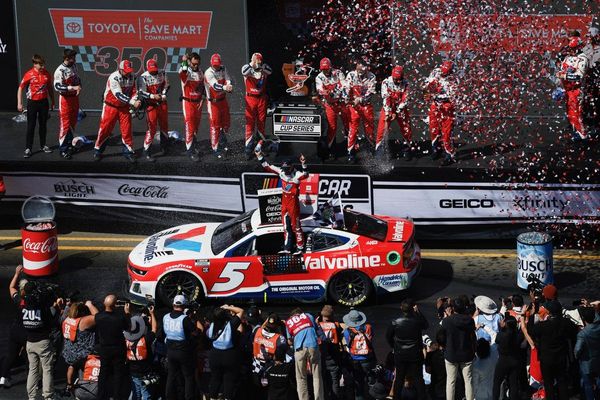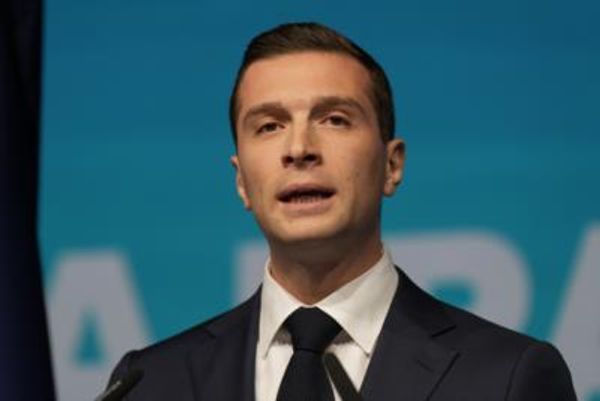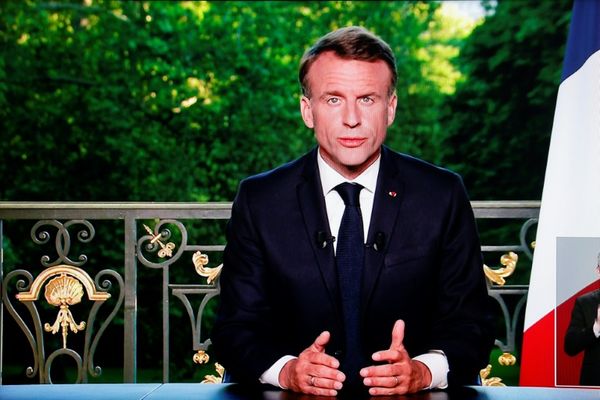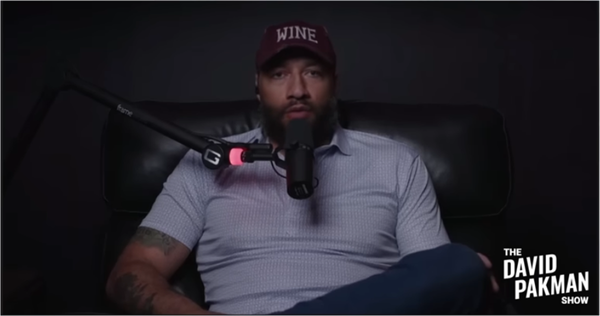
Donald Trump’s criminal trial is drawing to a close, with two looming questions: what will the jury decide, and how will America react?
After weeks of testimony from witnesses including the porn star Stormy Daniels, National Enquirer boss David Pecker and former senior Trump aide Hope Hicks, the trial came to an inflection point this week with its star witness. Michael Cohen, Trump’s former fixer and attorney who has since turned into a bellicose critic of his old boss, was on the stand all three days court was in session this week. He delivered damning testimony – then faced a tough if uneven grilling from Trump’s team.
Cohen is at the center of the criminal case as the man who set up the deal to pay Daniels $130,000 shortly before the 2016 presidential election to keep her from speaking out about an alleged affair she had with Trump. Trump then allegedly repaid him that sum, plus some extra money, once he was in the White House. Trump allegedly knowingly marked these payments as legal expenses as a way to cover up the paper trail, leading to the actual criminal charges he faces: 34 felony counts of falsifying business records.
What Cohen said
Cohen testified earlier this week that Trump had directly instructed him to pay Daniels to buy her silence, and that Trump signed off on a scheme to repay Cohen while concealing the reason for the payments.
Cohen said that when Daniels’s attorney approached him in early October 2016 about a deal to keep Daniels quiet, Trump told him to “just take care of it”. He said he and Trump dragged their feet on paying Daniels because they hoped to get past election day, when her story wouldn’t be as damaging to Trump. When Daniels threatened to go public if she didn’t get paid, Cohen finally paid her himself.
When asked if he would have done so without getting a sign-off from Trump, Cohen responded: “No, because everything required Mr Trump’s sign-off, and on top of that, I wanted the money back.”
Cohen also testified that a senior Trump Organization official arranged a plan to get him that money back – plus a bonus – and that Trump himself approved the plan in a meeting at his Trump Tower office, and later checked in with Cohen about the plot during a February meeting at the White House. In 2018, after the Daniels story came out and the FBI raided Cohen’s home, Cohen testified that Trump told him to “stay tough” and tried to keep him “in the fold”.
Crucially, Cohen said that Trump was worried about the Daniels story getting out because of the impact it could have on his 2016 campaign, not about how his wife Melania would react. That’s important, because in order to charge Trump with felonies instead of misdemeanors, prosecutors have to prove they were done so to further another crime – in this case, New York state election law.
“He wasn’t thinking about Melania,” Cohen said. “It was all about the campaign.”
Trump’s lawyers hit back
Trump’s team sought to paint Cohen as a serial liar out to get his former boss. They played Cohen clip after clip of him talking about how he wanted Trump to go to prison.
Perhaps their strongest moment came when Trump’s attorney Todd Blanche pressed Cohen on his earlier testimony that he talked to Trump on a late October 2016 call he placed to Trump’s bodyguard, Keith Schiller.
Cohen had said he had called Schiller, who put Cohen on the phone with Trump to “discuss the Stormy Daniels matter”. But Blanche showed text messages in which Cohen complained to Schiller about a 14-year-old who had been prank-calling him. Cohen admitted he had talked to Schiller about those calls in the 96-second phone call, but insisted he also talked to Trump about Daniels, leading Blanche, in a heated exchange, to call him a liar.
Blanche also forced Cohen to admit he had committed perjury on multiple previous occasions, and not just to protect Trump. Cohen admitted that he lied to a federal judge about accepting responsibility in a 2018 plea deal in order to keep his wife out of legal jeopardy. “The reason you lied to a federal judge was because stakes affected you personally?” Blanche asked. “Yes,” Cohen responded.
Support for Trump coalesces in courtroom as case moves to decision
As the trial draws near its finale, Republicans have rallied around Trump. Multiple lawmakers including Mike Johnson, the House speaker, flocked to the Manhattan courthouse to show their support this week. Other attendees included vice-presidential prospects including JD Vance, Doug Burgum and Vivek Ramaswamy.
Cohen will return to the stand on Monday, as Trump’s attorneys finish their cross-examination and prosecutors get a chance to ask some follow-ups. Trump’s team has still not said whether Trump himself will testify.
Judge Juan Merchan told both sides to be prepared to deliver their closing arguments as soon as Tuesday. Once those are wrapped, all that’s left is for the jury to deliberate and render their decision.
A full acquittal seems less than likely, but Trump needs just one juror to decide there’s not enough evidence of his guilt to produce a hung jury that would result in a mistrial. The jury could also further complicate things by deciding Trump is guilty on some but not all counts, or that he’s guilty of falsifying business records but that they should only be misdemeanors because prosecutors failed to prove this was in furtherance of another crime.
Even if the jury convicts Trump, it’s not clear what his punishment will be. He could theoretically face jail time – each charge carries a maximum of a four-year sentence – but that’s not all that common for non-violent low-level felonies.
While Trump faces charges in three other criminal cases, this might be the only one to go to trial before the 2024 presidential election, because of a series of judicial delays, many created by Trump’s team’s delay tactics, that have slowed his two criminal election interference cases as well as his criminal case for mishandling classified documents.
Polls show that Trump’s trial has so far not had a significant impact on his chances at the White House: Trump currently leads Biden by a single percentage point in FiveThirtyEight’s national polling average, a number that’s unchanged from when the trial began a month ago. But there’s been a slight uptick in the number of Americans who think he committed a crime.
A Yahoo News/YouGov poll released on Tuesday found that 52% of Americans now believe that Trump “falsif[ied] business records to conceal a hush money payment to a porn star” – up slightly from 48% who said so a month ago, when the trial was just beginning.
Multiple polls have found a small but significant number of Trump voters who say they might reconsider their support if he is found guilty of a felony.
The big question is: will those voters shift as a result of this trial’s verdict?







